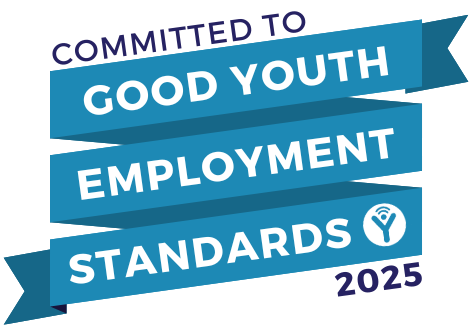As we wrap up another year, we’re taking a moment to reflect on what we’ve achieved together. Our short film, 12 Reasons to Celebrate 2025, ...
Training
On the night of Saturday 10 December 2005, Tank 912 at the Buncefield oil storage depot in Hertfordshire was filling with petrol. The tank had ...
We’re excited to announce the launch of our new Management of Change training course, designed specifically for organisations operating on high-hazard and COMAH-regulated sites. Change, ...
Industry leaders, regulators and experienced professionals from across the high-hazard sector gathered in York on the 22nd of July for the Process Safety Management Summit ...
Cogent Skills is pleased to announce the launch of its new one-day training course, Introduction to Hydrogen Safety: SIAS Level 2 Award. As hydrogen becomes ...
In part two of his blog on training and competence assurance, Cogent Skills Associate Clint Devine discusses what effective training looks like in the high hazard sector
Cogent Skills Associate Clint Devine explores laying the foundations for training and competence assurance in part 1 of this blog
As the year comes to a close, we want to celebrate all the positive outcomes for our high-hazard industry customers over the last 12 months! ...
On the night of December 2-3 1984, a leak at the Union Carbide India Limited (UCIL) pesticide plant in Bhopal, central India, released more than ...
We are excited to announce that three of our flagship Process Safety Management courses are now available as qualifications. The qualifications, which are available now, ...
Cogent Skills are delighted to launch a selection of new safety courses to its training catalogue. The eight new courses add to Cogent’s existing catalogue ...
Developing strong process safety performance often requires a shift in organisational culture – so how should employers bring about this transformation and why is it ...







